That’s why Governor Carney prioritized efforts to address climate change by curbing emissions, increasing reliance on non-carbon and renewable energy sources, and working to preserve natural and working lands.
We set a target to reduce greenhouse gas emissions by 50% by 2030 and to reach net zero carbon emissions by 2050.
Governor Carney, members of the General Assembly, and key state agencies are working to address this issue with a careful and comprehensive approach.
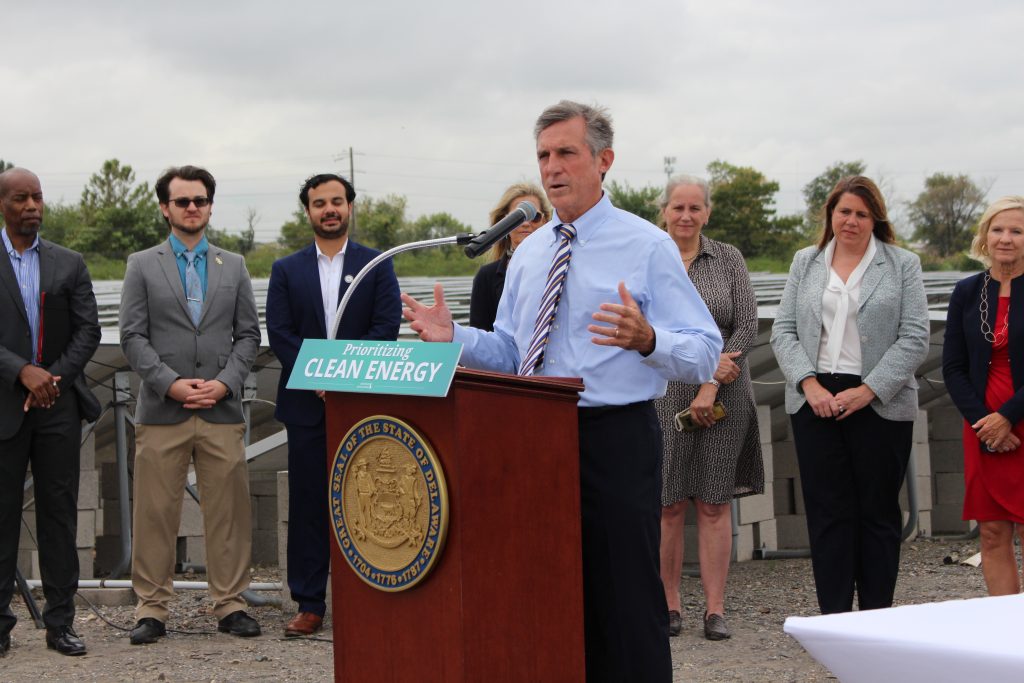
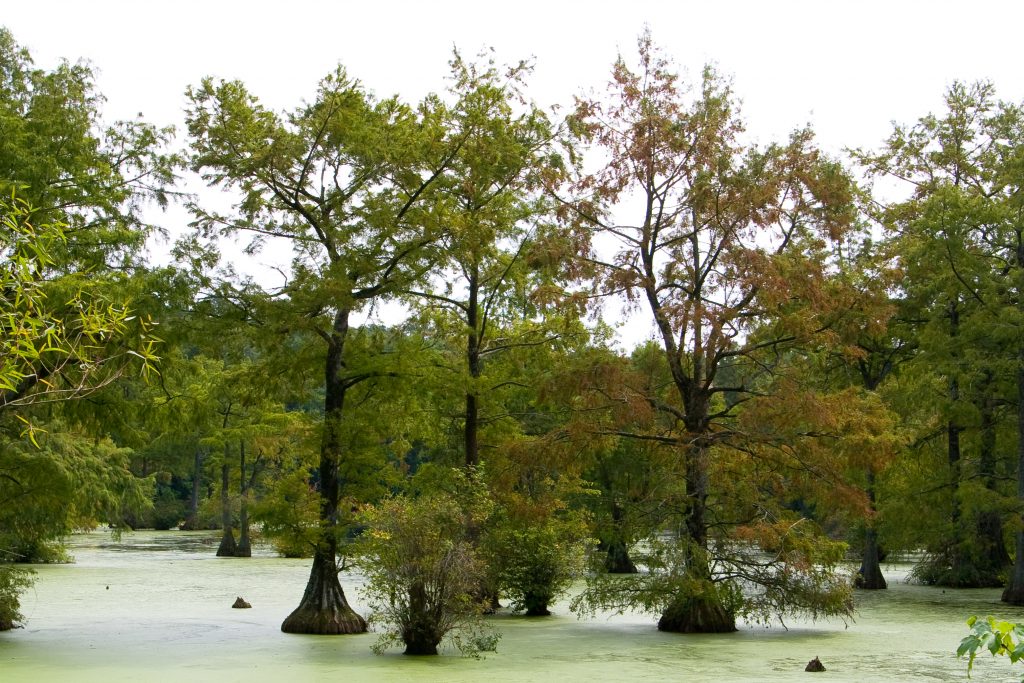
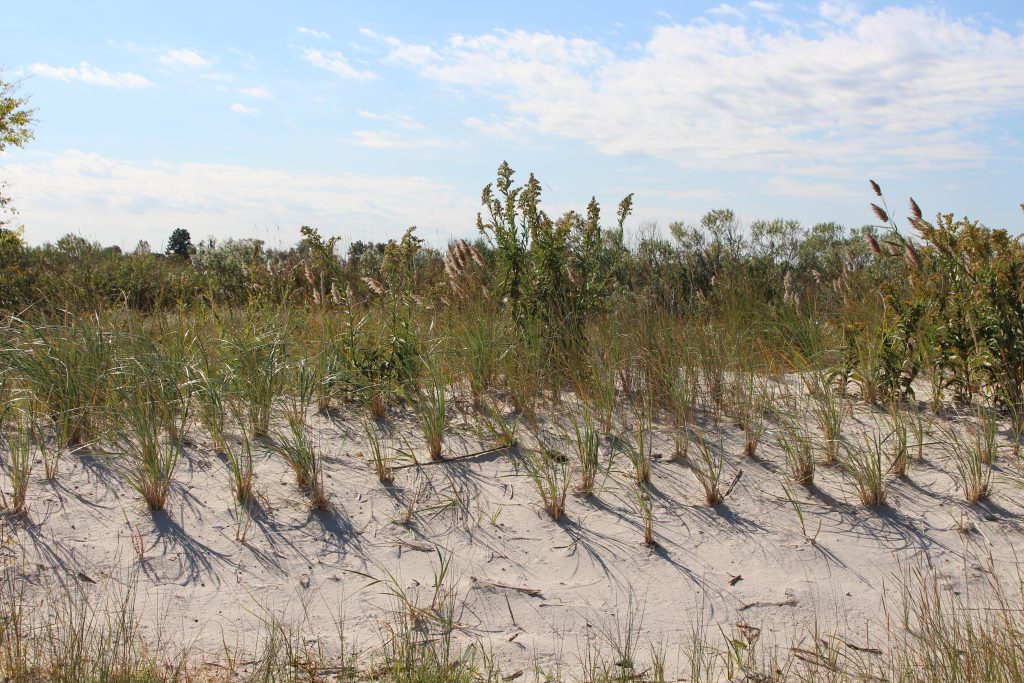
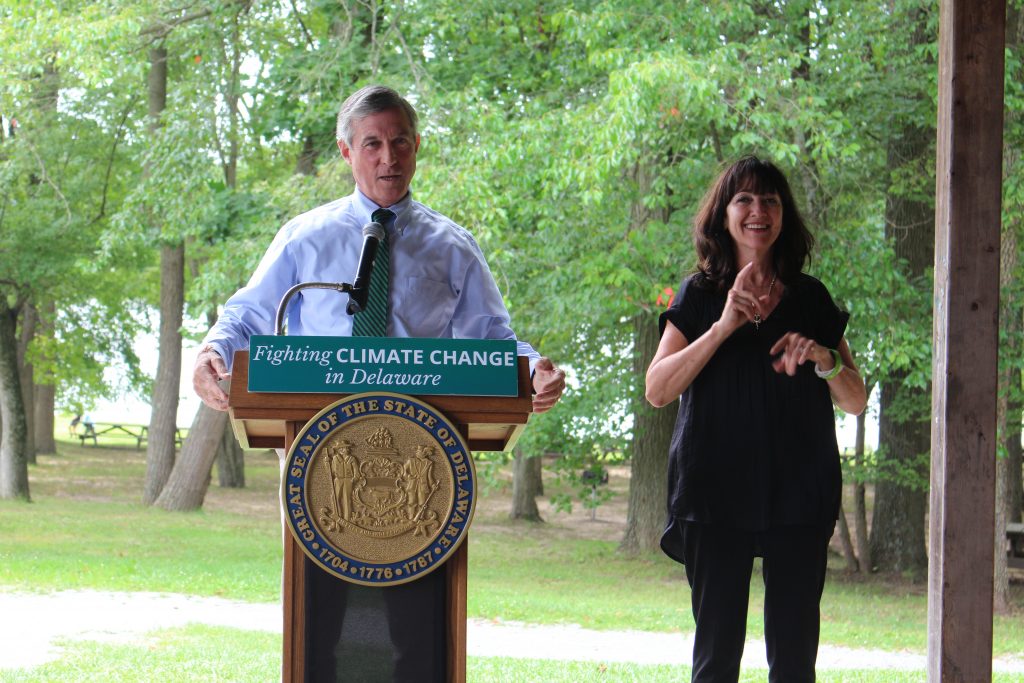
In 2021, Governor Carney released the Climate Action Plan (CAP) – Delaware’s playbook to guide state agencies in the development of best practices, programs, policies, and regulations to mitigate factors that contribute to climate change while increasing resilience across sectors.
Leading with a whole of government approach, state agencies in Delaware will designate a climate change officer to participate in ongoing Climate Action Plan processes and deliverables. These officers will help shape balanced approaches to meet these climate change goals:
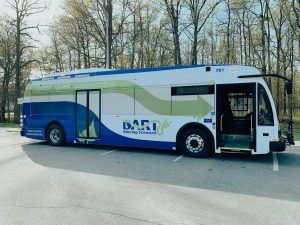
The transportation sector is the largest emitter of greenhouse gases in Delaware. That’s why Governor Carney’s Administration is:
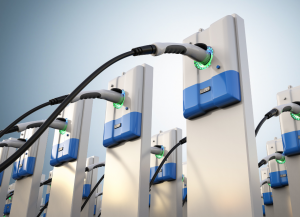
Delaware is making strides to expand its green energy infrastructure by:
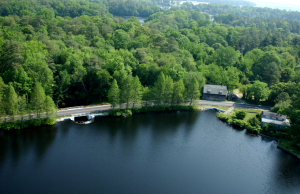
Preserving Delaware’s natural and working lands plays an important role in the state’s carbon sequestration efforts:
Sponsored by Representative Deb Heffernan and Senator Stephanie Hansen
Sponsored by Representative Sophie Phillips and Senator Sarah McBride
Sponsored by Senator Stephanie Hansen and Representative Deb Heffernan